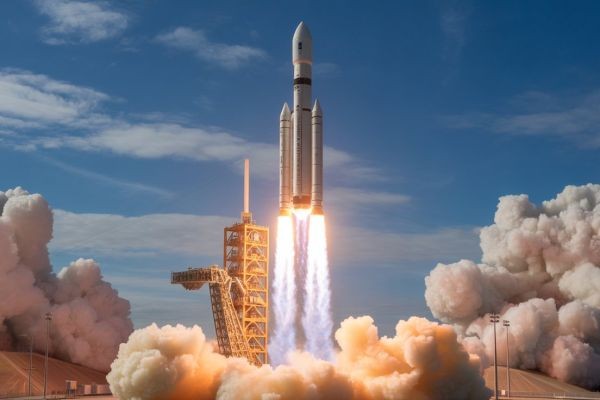As exploration ambitions scale toward Mars and beyond, NASA and Google have teamed up to develop a new artificial intelligence tool aimed at protecting astronaut health when far from Earth. Known as the Crew Medical Officer Digital Assistant (CMO-DA), this system is designed to help astronauts diagnose, treat, and manage health issues autonomously during deep space missions, where communication with Earth is delayed.
What It Does
CMO-DA is a clinical decision support system that uses natural language processing, machine learning, and multimodal inputs (speech, text, images) to assess symptoms and offer treatment options. It’s especially intended for situations in which Mars missions Will face delays of up to 20+ minutes one-way in communication, making real-time help from ground-based doctors impractical. Early testing (through simulated scenarios) has shown diagnostic accuracy rates between about 74% and 88% for conditions like ankle injuries, ear pain, and flank pain.
Why It Could Be a Game-Changer
-
Autonomy in hostile environments: Mars missions will require crews to make medical decisions with less or no immediate ground control. CMO-DA could fill that gap.
-
Risk mitigation: Space presents unique health challenges — radiation, microgravity, confined habitats, limited medical supplies. An intelligent assistant can anticipate issues or offer guidance quickly.
-
Terrestrial spillover: The same technology could help remote places on Earth, or disaster zones, where specialist medical care is hard to access.
Risks and Challenges
-
Accuracy and reliability: While early simulation results are promising, real space conditions are far more unpredictable. Misdiagnoses could have serious consequences.
-
Ethical & legal liability: If the system makes a wrong recommendation that harms an astronaut, who is responsible? The developers, the astronaut, NASA?
-
Bias & data limitations: Training data must cover a variety of bodies, conditions, demographic factors. Underrepresented groups or rare conditions might be misdiagnosed.
-
Security and privacy: Medical data in space is sensitive; ensuring encryption, data integrity, and privacy is crucial.

